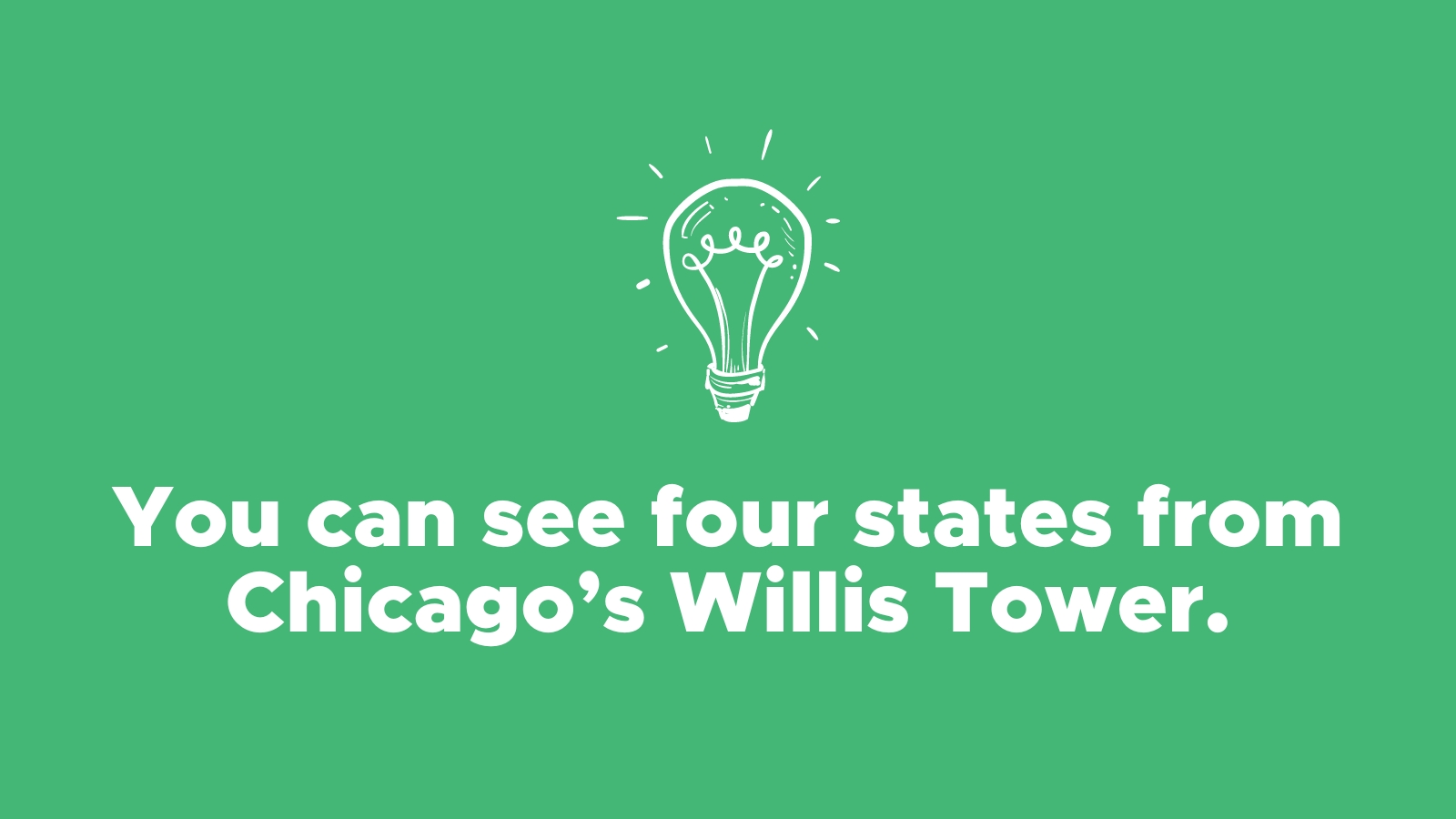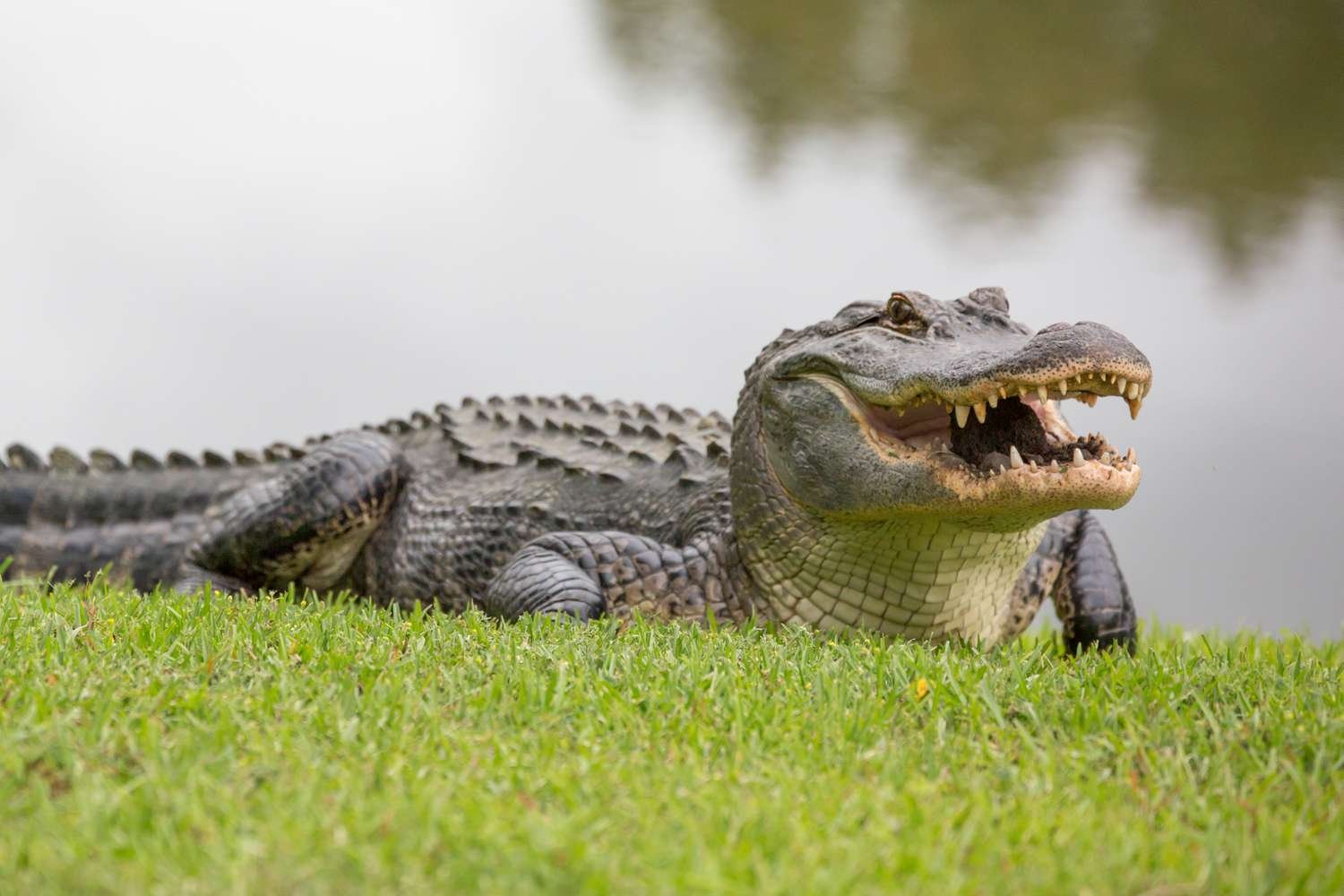Protecting alligators is important due to their role in maintaining ecosystems and the potential impact on various species if they were to disappear. Alligators help prevent the overgrowth of vegetation and maintain open water areas when they move from their habitats, ensuring the survival of coastal wetlands.
Additionally, alligators are ancient creatures that cannot survive in saltwater, their sex is determined by temperature, and they prefer meat but are not averse to eating fruit. They thrive in slow-moving waters, have glowing eyes in the dark, and can run fast but tire quickly.
For these reasons, it is crucial to protect alligators and their habitats. Introduction (121 words): Alligators have long been fascinating and mysterious creatures found in various freshwater environments. These reptiles play a crucial role in maintaining ecosystems and are worthy of our protection. From preventing the overgrowth of vegetation to ensuring the survival of coastal wetlands, alligators provide essential ecosystem services. Not only are they ancient beings unable to survive in saltwater, but their sex is determined by temperature, adding to their uniqueness. Alligators prefer a meat-based diet but aren’t opposed to eating fruit. With their ability to thrive in slow-moving waters and their eyes glowing in the dark, they have captivated human curiosity for centuries. However, the need to preserve alligator populations goes beyond mere fascination. Their potential disappearance could have significant consequences for numerous species and the delicate balance of ecosystems they inhabit. Therefore, protecting alligators and their habitats is crucial for biodiversity conservation and the overall health of our natural world.
The Importance Of Alligator Protection
Alligator protection is of utmost importance due to the crucial role they play in maintaining the balance of their ecosystems. Not only do they prevent the overgrowth of vegetation in freshwater ponds, wetlands, and coastal areas, but they also support the survival of numerous species.
Protecting alligators ensures the preservation of their habitats and the overall health of these environments.
Preserving A Keystone Species
Alligators play a vital role in maintaining the delicate balance of their ecosystems, making them a keystone species.
As apex predators, they help control the population of other animals, such as fish, turtles, and birds, by keeping their numbers in check. This ensures that the ecosystem remains in balance and prevents an imbalance in the food chain.
Maintaining Ecosystem Balance
Alligators also contribute to maintaining the health of their habitats in several ways.
- Alligator holes: These depressions created by alligators serve as important water reservoirs during periods of drought. They become home to a diverse range of aquatic species and provide much-needed water sources for other animals.
- Seed dispersal: Alligators unintentionally aid in seed dispersal when they consume fruits and then spread the undigested seeds throughout their territory. This helps to promote plant growth and biodiversity.
- Control of vegetation: By feeding on vegetation, alligators prevent overgrowth and ensure the health and balance of their habitats. This allows other plant species to thrive and provides habitat for various organisms.
Ensuring Each Heading Adheres To Html Syntax

Credit: www.weareteachers.com
Fascinating Alligator Facts
Discover the fascinating world of alligators with over 10 interesting facts and learn why it’s important to protect these amazing creatures. From their ancient origins to their unique behaviors and habitats, alligators play a crucial role in maintaining ecological balance in freshwater environments.
Alligators, with their ancient history and unique characteristics, are truly fascinating creatures. From their survival as ancient survivors to their remarkable physical abilities, let’s explore some interesting alligator facts that highlight why we should protect these incredible reptiles.Survivors From Ancient Times
Alligators are not just mere reptiles; they are living relics from the past. These incredible creatures have been around for more than 37 million years, making them remarkably old in the evolutionary timeline. These ancient survivors have witnessed the rise and fall of various species, adapting and thriving in changing environments. It’s a testament to their resilience and adaptability that they continue to exist today.Unique Reproductive System
One of the most fascinating aspects of alligators is their unique reproductive system. Unlike most animals, the sex of alligator hatchlings is determined by the temperature at which the eggs are incubated. Warm temperatures during incubation result in male hatchlings, while cooler temperatures produce females. This natural phenomenon adds an extra layer of intrigue to the already captivating world of alligators.Remarkable Physical Abilities
Alligators possess remarkable physical abilities that make them formidable predators in their habitats. Despite their muscular bodies and powerful jaws, alligators can run surprisingly fast in short bursts. However, these incredible bursts of speed tire them quickly, making them rely more on their exceptional patience and stealth while hunting. Additionally, their eyes have a unique feature – they glow in the dark, allowing them to see and navigate in low-light conditions. Moreover, alligators are known for their strong preference for meat, but interestingly, they aren’t opposed to fruit. While their diet primarily consists of fish, birds, and small mammals, alligators have been observed consuming fallen fruits, showcasing their adaptable feeding habits. In conclusion, alligators are truly fascinating creatures, with their ancient lineage, unique reproductive system, and remarkable physical abilities. Protecting them is not just important for their survival, but also for maintaining the delicate balance of their ecosystems. By understanding and appreciating these marvelous reptiles, we can contribute to their conservation efforts and ensure their continued existence for generations to come.The Role Of Alligators In The Environment
Alligators play a crucial role in the environment by maintaining the balance of coastal wetlands and preserving numerous species. They help prevent the overgrowth of vegetation in open water areas, ensuring the survival of diverse ecosystems. It is important to protect alligators to safeguard the health and biodiversity of their habitats.
Alligators play a vital role in maintaining the balance of their ecosystems. These fascinating creatures serve as ecosystem engineers, influencing various aspects of the environment they inhabit.Controlling Vegetation Growth
One of the important roles alligators play is in controlling vegetation growth. As they move from one habitat to another, alligators help keep areas of open water free from invading vegetation. Without these ecosystem services, freshwater ponds and wetlands would quickly become overgrown with shrubs and trees, disrupting the delicate balance of these ecosystems.Creating Habitats For Other Species
In addition to controlling vegetation growth, alligators also create habitats for other species. Their nesting mounds, made up of vegetation and mud, provide safe spaces for reptiles, birds, and small mammals to nest and breed. These nesting mounds are essential for the survival and reproduction of many species in alligator habitats. Alligators also create additional habitats through their feeding habits. When they consume prey, they often leave behind carcasses and bones, which attract scavengers like vultures and carrion-eating birds. These scavengers help to clean up the environment by removing decaying matter, ensuring that the ecosystem remains healthy and free from potential diseases. Moreover, alligator holes, which are large depressions they dig in the ground, serve as important water sources during dry seasons for various species, including turtles and fish. These holes provide critical refuges for these animals, preventing them from dehydration and ensuring their survival during challenging times. To summarize, alligators have a significant impact on the environment they inhabit. They control vegetation growth, creating open water areas and preventing overgrowth. They also create habitats for other species, through nesting mounds and their feeding habits. Their influence extends beyond their own survival, proving how important it is to protect these remarkable creatures and preserve the delicate ecosystems they call home.Challenges Facing Alligators
Alligators face various challenges, such as habitat loss, illegal hunting, and pollution. Protecting them is crucial to maintaining the balance of ecosystems and preserving their unique characteristics, including their ancient origins, ability to regulate water bodies, and important role in the food chain.
Habitat Loss And Degradation
Alligators are facing numerous challenges that threaten their survival in the wild. One of these challenges is habitat loss and degradation. Human activities, such as urbanization and deforestation, have resulted in the destruction of large areas of the alligator’s natural habitat. This loss of habitat not only disrupts the alligator’s way of life but also affects the entire ecosystem in which they play a vital role.
As wetlands are drained and converted for agricultural purposes or urban development, alligators are forced to find alternative habitats, which are often not suitable or sufficient for their survival. The loss of wetlands also disrupts the natural flow of water, altering water quality and reducing biodiversity. This, in turn, affects the availability of prey for alligators and could lead to a decline in their population.
It is crucial that we recognize the importance of preserving wetlands and their associated ecosystems, not only for the survival of alligators but also for the overall health of our planet. By protecting and restoring wetland habitats, we can ensure the long-term survival of alligators and countless other species that depend on them.
Illegal Hunting And Poaching
Another significant challenge facing alligators is illegal hunting and poaching. Despite legal protections in place, alligators are still targeted for their valuable skins and meat. This illegal trade poses a serious threat to alligator populations, particularly in regions where enforcement and regulations are lacking.
Poachers often target alligators during their nesting season, when females lay their eggs. This not only harms the adult population but also affects the survival of future generations. The loss of breeding adults can have long-lasting impacts on the population’s ability to recover and maintain healthy numbers.
Illegal hunting and poaching not only disrupt the natural balance of alligator populations but also have negative consequences for the ecosystems they inhabit. Alligators play a crucial role in controlling prey populations and maintaining the balance of wetland ecosystems. The loss of these apex predators can result in an overabundance of certain species, leading to imbalances and detrimental effects on the entire ecosystem.
It is essential that we work together to combat illegal hunting and poaching and enforce strict regulations to protect alligators. By raising awareness about the importance of these magnificent creatures and their ecological significance, we can ensure their survival and the preservation of the delicate ecosystems they call home.
Efforts To Protect Alligators
Did you know that alligators play a vital role in maintaining the balance of coastal wetlands? By keeping areas of open water clear of vegetation, they prevent the overgrowth of shrubs and trees. Protecting alligators is crucial for the preservation of their habitat and the numerous species that rely on these ecosystems.
Conservation Programs And Regulations
Conservation programs and regulations play a crucial role in protecting alligators and ensuring their long-term survival. By implementing these measures, we can maintain a healthy population of alligators while also preserving the delicate ecosystems they inhabit. One of the key conservation programs is the careful monitoring of alligator populations. State wildlife agencies, such as the Florida Fish and Wildlife Conservation Commission (FWC), regularly conduct surveys and gather data to assess the overall health and abundance of alligators in their respective regions. This information helps determine the effectiveness of existing conservation efforts and allows for adjustments to management practices if necessary. To ensure responsible alligator conservation, there are strict regulations in place regarding hunting and harvesting. Only licensed individuals are allowed to hunt alligators, and they must adhere to specific guidelines to ensure sustainability. These regulations include size limits, bag limits, and designated hunting seasons. By implementing these regulations, authorities can prevent overhunting and maintain a balanced alligator population.Educational Initiatives
In addition to conservation programs and regulations, educational initiatives are crucial for raising awareness about alligator conservation and promoting a positive attitude towards these magnificent creatures. By educating the public, we can foster a sense of understanding and appreciation for alligators, inspiring people to take action in protecting them. Organizations and wildlife centers often organize educational programs and outreach events to teach people about alligator behavior, habitat requirements, and the importance of conservation. These initiatives aim to dispel common misconceptions about alligators and highlight their ecological significance. Schools and educational institutions also play a vital role in educating the younger generation about alligators. Incorporating alligator conservation into science curricula and organizing field trips to alligator habitats can provide students with firsthand experiences, fostering a lifelong appreciation for these animals and their role in the ecosystem. Through conservation programs and regulations, as well as educational initiatives, efforts to protect alligators are steadily moving forward. However, it is essential for individuals to recognize their role in safeguarding these magnificent creatures. Together, we can ensure a future where alligators continue to thrive in their natural habitats and contribute to the ecological balance of our planet.
Credit: www.weareteachers.com

Credit: www.facebook.com
Frequently Asked Questions Of 10+ Interesting Alligator Facts And Why We Should Protect Them
What Are 10 Interesting Facts About Alligators?
1. Alligators are ancient reptiles that cannot survive in saltwater. 2. The sex of alligator hatchlings is determined by temperature. 3. Despite their ability to run fast, alligators tire quickly. 4. Alligators have glowing eyes that can be seen in the dark.
5. While they mainly prefer meat, alligators are not opposed to eating fruit. 6. Alligators thrive in slow-moving waters. 7. They contribute to their ecosystems by keeping areas of open water free of invading vegetation. 8. Alligators cannot digest salt, so they can only live in freshwater environments.
9. Alligator management programs aim to conserve their populations for ecological, aesthetic, and economic values. 10. Without alligators, coastal wetlands would fill in, causing the disappearance of numerous species.
Why Should We Protect Alligators?
Protecting alligators is important because they play a vital role in maintaining the balance of their ecosystem. They control vegetation growth and help preserve coastal wetlands. By protecting alligators, we safeguard the survival of numerous other species as well. It’s crucial for their ecological and environmental significance.
What Are The Good Things About Alligators?
Alligators help maintain open water areas by keeping them free of invasive vegetation. Without alligators, coastal wetlands would be filled with ponds and trees, resulting in the loss of numerous species.
How Old Is A 1 Foot Alligator?
A 1-foot alligator is typically around 1-2 years old.
Conclusion
Protecting alligators is essential for maintaining the delicate balance of ecosystems and preserving biodiversity. As we have learned from these interesting alligator facts, they play a vital role in the health of coastal wetlands and freshwater environments. By controlling vegetation and providing habitats for numerous species, alligators contribute to the survival of various plants and animals.
Additionally, protecting alligators ensures the conservation of these ancient creatures that have roamed our planet for millions of years. Let us appreciate the significance of alligators and work together to safeguard their existence for future generations.

